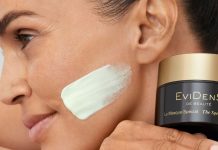Have you already got it? Your hands itch and develop flakes, your arms lose smoothness and get rough, and your nose gets chapped and reddish even though you have no cold? It’s winter skin, and you’re in, looking for a remedy.

Here are some bits of advice from dermatologists on how you can address winter skin.
Reconsider laundry loads
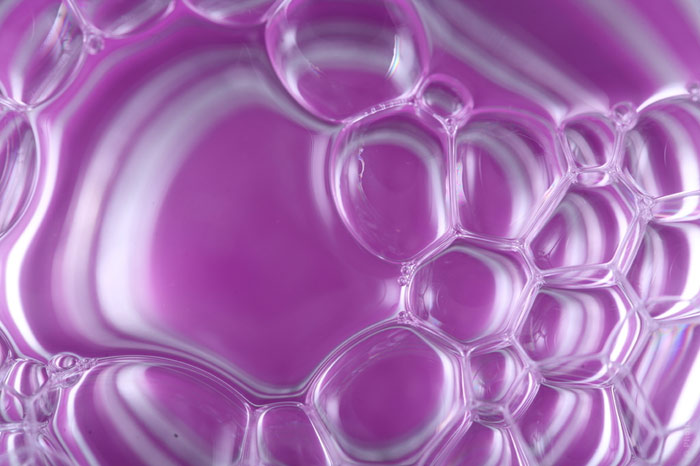
If you have a way of loading up your washing machine to the full until you practically choke it in an attempt to conserve water, you may want to try and do it differently now. You have to be sure that your clothes have got a proper rinse – it can change significantly how the freshly-laundered bedding and clothing will feel against your skin.
When the washing-machine is choke-full, bedding and clothing may come out with residue of detergent and conditioner, and that can get your skin irritated, especially in winter. Therefore, provide for a good thorough rinse for your items. If they are still itchy, change your detergents and fabric conditioners for sensitive-skin designed ones that have no fragrance.
Set washing temperature for bedding at 140F
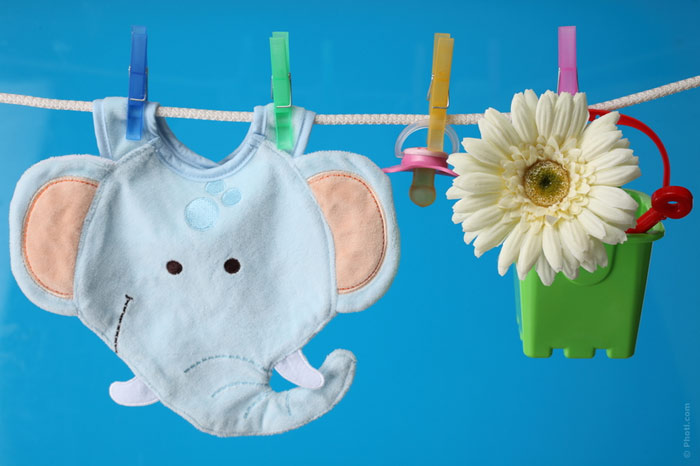
Bedding, as well as soft furnishings and carpets, is home for housedust mites which use up the skin cells that we shed. They are not something you can get rid of completely, and, what’s worse, they like it hot, so they grow more active with the central heating on.
The mites may not cause any great harm, but there are people who are allergic to their droppings. It’s advisable to try using allergen-proof barrier covers for your pillows and mattresses. To fight mites, get your bedding washed more frequently at the temperature of 60C, and use a high-filtration cleaner when vacuuming. Other measures include regular proper ventilation of the house, and dusting surfaces with a damp cloth.
Refrain from licking your lips
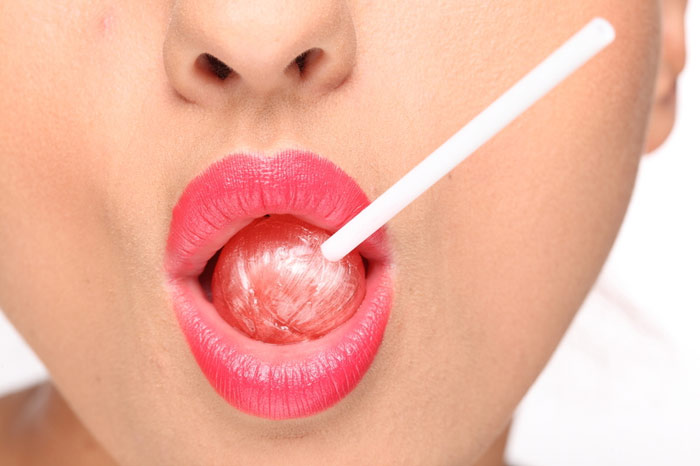
You pass your tongue over your lips instinctively when you feel they have got dry. But it can produce an opposite result –it stimulates evaporation which leaves the lips drier than before.
Dermatologists say that lips lose more moisture than any other part of the body. As they get exposed to cold, dry, sunny, and windy weather in combination with hot indoor air, lips go dry quickly, then begin to flake and crack.
Instead of licking use a product which, once applied, will coat the skin preventing moisture from evaporating and reducing lip friction. To further lessen irritation, the balm you use should be free of flavor and color, that is, not containing preservatives and perfumes that can act as irritants. Go for Vaseline or any basic balm.
Avoid wearing wool clothes
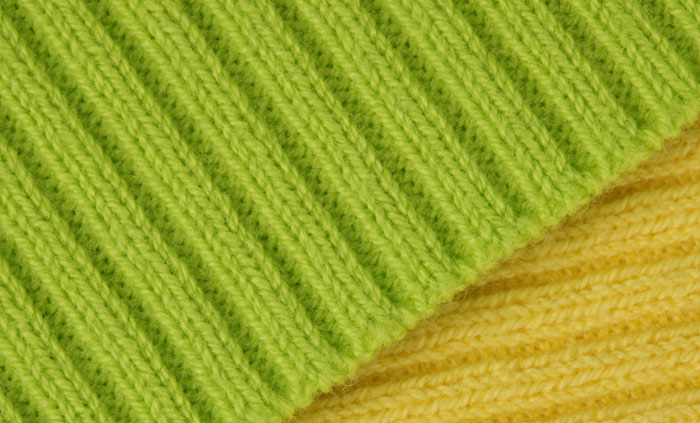
Those who have sensitive skin that gets dry easily would do well to forbear from wearing woolly clothes next to the skin. Choose fleece or some other softer fabric that will allow your skin to breathe.
Abstain from using antibacterial gels
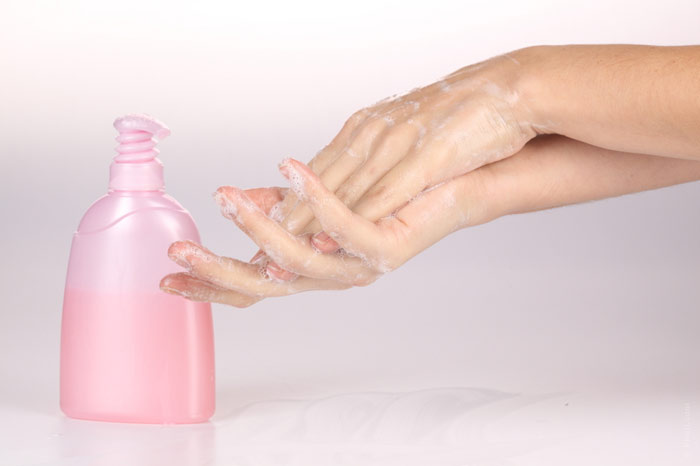
While regular washing kills bacteria on our hands, it goes to dry the skin, more so in winter. Add to it exposure to cold and wind, and you have got chapped hands. If you go on to apply an antibacterial gel on them, you can make the situation even worse, due to a high amount of alcohol-based ingredients that can cause drying and irritation.
What would serve better is a moisturizing tea-tree-oil handwash which, while helping conserve moisture, also possesses antibacterial properties. Besides, it can reduce inflammation and protect from viruses.
There are hand creams with a 10% content of urea that work especially well for those with extremely dry hands that get sorer easily. The fact is, urea is a marvelous moisturizer that makes moisture linger on the surface of the skin.
Regard your soap
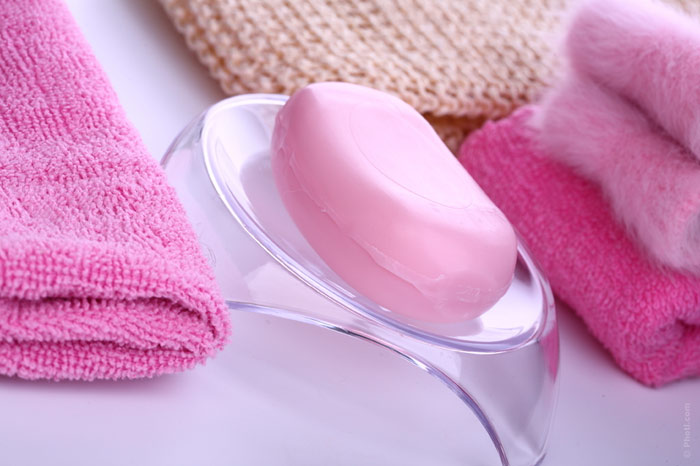
Does your washing product contain a lot of chemicals? In this case it’s definitely not for winter use. Chemicals like sodium lauryl sulphate do ensure a lot of pleasant foaming, but they take off natural moisturizing oils as they are washed off, leaving the skin drier and more susceptible to chafing.
If you feel your skin gets drier after a wash or a shower, get a milder washing product and use soap-substitute instead. Steer clear of products that are highly colored or flavored. Another piece of advice is to use oil when taking a shower or a bath. Once you have added two or three caps of peach-kernel, avocado, or jojoba oil, it will make a film over your bath, and as you let it coat your skin it will help retain your natural oils.
Water temperature is another important factor, for very hot water also denudes you of the natural moisturizing factor. The natural moisturizing factor (NMF) is the term embracing a group of oils, fats, and amino acids which draw in atmospheric moisture and thus maintain the suppleness of the skin. This combination forms about 20-30% of the top layer. When the NMF level drops, the skin gets rough and itchy, beginning to flake. The risk of developing skin diseases such as eczema and dermatitis increases. Therefore, set water temperature at about 99F (the normal temperature of the body) and refrain from long soaking.
Keep shaving your shins
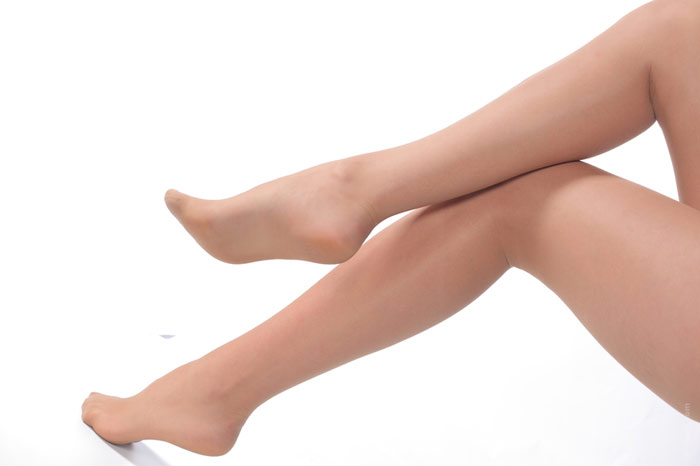
You don’t show off your legs and keep them warm in trousers so you no longer take the razor to them? It’s a pity, because regular shaving provides proper exfoliation. If your skin is regularly cleansed of dry skin cells, moisturizing creams will be infiltrating much better – especially if you use moisturizing shaving oil instead of soap.
Experts state that shaving is one of the most effective exfoliating methods – especially if the skin is flaky, in which case body scrubs and loofahs can irritate the skin and even chafe the surface leaving you with a raw feeling.
Those with a sensitive prone to dryness skin would be well advised to bin any potential skin irritants, avoid towel-rubbing yourself hard to dry after taking a shower and hydrate with a specially formulated moisturizer.
See that the air is humid enough
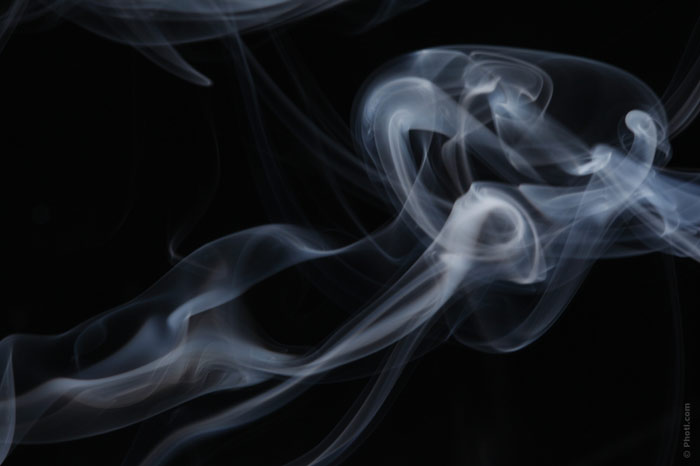
As the air gets colder, it loses fine vapor drops which abound in hot air, because the vapor gets condensed and the droplets, becoming heavier, descend upon the ground. Central heating and air conditioning further aggravate the condition of the air making it conducive to dryness of the skin. The upper layer of the skin is supposed to stay supple through absorbing humidity from the surrounding atmosphere, so the air ought to be humid enough to enable you to keep the skin in a perfect condition.
In the cold season the level of inside humidity requires careful maintaining. The simplest way to do it that you can employ straightaway is put bowls with water near radiators and fireplaces which will increase humidity. Then, invest in an electric humidifier, the gadget that ejects fine vapor and gets the air moist enough to preclude the evaporation of the skin.
Although, once you have an electric humidifier, you will have to keep it clean in order to prevent it from breeding bacteria. Wipe it weekly with a moist cloth. See that it is set at the most practical level of about 40-50% and watch out for the humidity level in the environment. If you overdo it, you can end up with condensation and mold setting in. Mold in your home can result in aggravating allergies, asthma, eczema and other adverse conditions of the skin.



